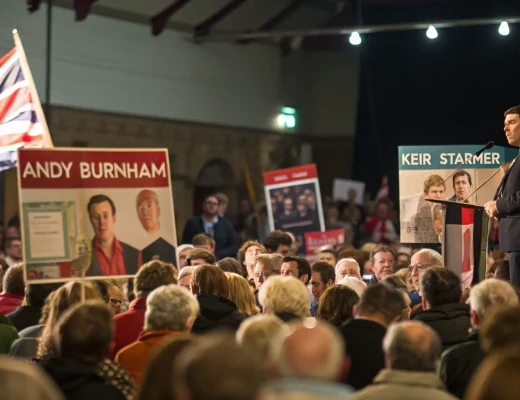Oil prices tumbled and stocks rallied after Iran launched missiles at U.S. bases in Qatar and Iraq. The missiles appeared to be intercepted, and traders are betting that Iran doesn’t have the willingness or capability to retaliate further against U.S. forces. There is also hope that this will be the extent of the Iranian response.
For U.S.
stock market investors, this news is a relief. A sustained spike in
oil prices would damage the U.S. economy, raising costs for consumers and businesses. Falling oil prices lifted U.S. stocks.
U.S. crude tumbled 7.2% to $68.51 a barrel, marking the first time oil has traded below $70 since mid-June and making it the biggest one-day drop since early April. The Dow Jones Industrial Average rose 374 points, or 0.89%, reversing course after falling earlier in the afternoon. The S&P 500 gained 0.96% and the Nasdaq Composite was 0.94% higher.
The Fear & Greed Index, which measures market sentiment, ticked into Greed after hovering in Neutral. Kirk Lippold, former commanding officer on the USS Cole, said, “I think what you’re seeing in many ways is a symbolic attack by Iran. Ten missiles is not that much.
Every one is dangerous, every one could kill or maim many Americans. But hopefully, at this point, we’re not going to see further responses by the Iranians.”
According to a source familiar with the matter, Iranian officials gave Qatar
advance notice before launching missiles toward a U.S. military base there. The coordination was intended to minimize casualties and preserve an off-ramp, the source said.
The Trump administration was anticipating Iran would retaliate after the U.S. strikes, and the president does not want more military engagement in the region, a senior White House official shared. Investing in U.S. markets lately has been akin to spinning plates while riding a unicycle balanced on a bowling ball.
Oil declines lift US stocks
Traders have to contend with rapidly changing tariffs, mixed economic signals, uncertainty over rates, and now an escalating conflict in the
Middle East. Conventional wisdom might suggest that U.S. strikes over the weekend would
send stocks lower and oil prices higher, but the opposite has occurred. Bonds are quiet and investors are maintaining their balancing act.
If the U.S. and Israeli strikes are largely over, and Iranian retaliation is muted, this could be a net positive for markets, lessening volatility and the threat of a nuclear-armed Iran. However, if the conflict escalates—particularly if Iran cuts off oil supplies to the West—that, combined with a growing trade war, could reignite inflation and a global recession. Cedric Leighton, military analyst and retired U.S. Air Force Colonel, noted, “As of now, there’s a certain symbology to this.
If Iran can control their reaction, they wish for an off-ramp to some degree, but that’s something that remains to be seen. If we decide to respond more forcefully, all bets are off at that point.”
Meanwhile, oil markets are waiting for evidence of an actual disruption, said Bob McNally, president of Rapidan Energy Group. “Traders have seen a lot of false alarms when it comes to geopolitical disruption risk in the oil market.
Unless there’s a material interruption in gulf energy production or flows, I think any further spikes will be contained.”
Energy Secretary Chris Wright, in an interview, predicted oil prices would fall despite the tension. “I would not expect much movement of oil upwards from the tensions that are going on. I’m not surprised oil prices have moved down a little bit, maybe more than I would have guessed,” he said.
Safe-haven trades, which tend to boom in times of global strife, were muted: Gold rose just 0.2% to $3,390 a troy ounce. Treasury yields were slightly lower. The dollar fell modestly, slipping 0.3% Monday afternoon.
The dollar, widely referred to as the world’s reserve currency, usually rallies in times of global unease and conflict. However, some
market observers questioned if that would happen again under President Trump’s “America First” policies. For now,
Wall Street is largely looking past the Middle East conflict.







